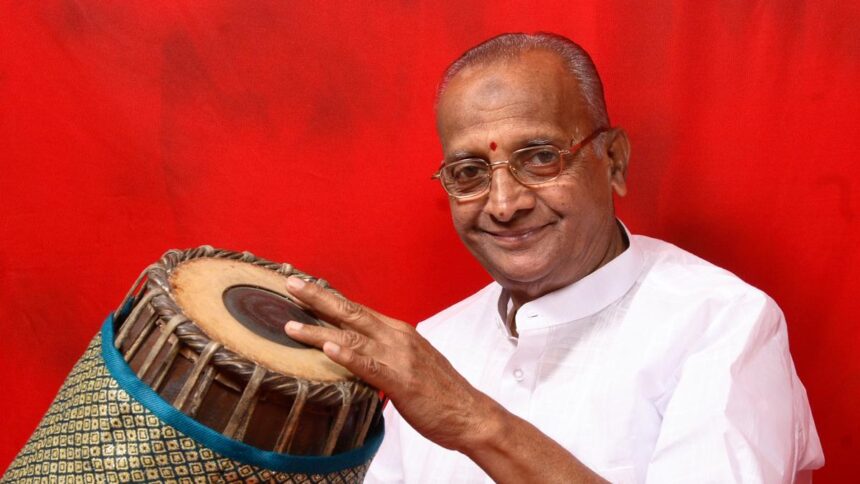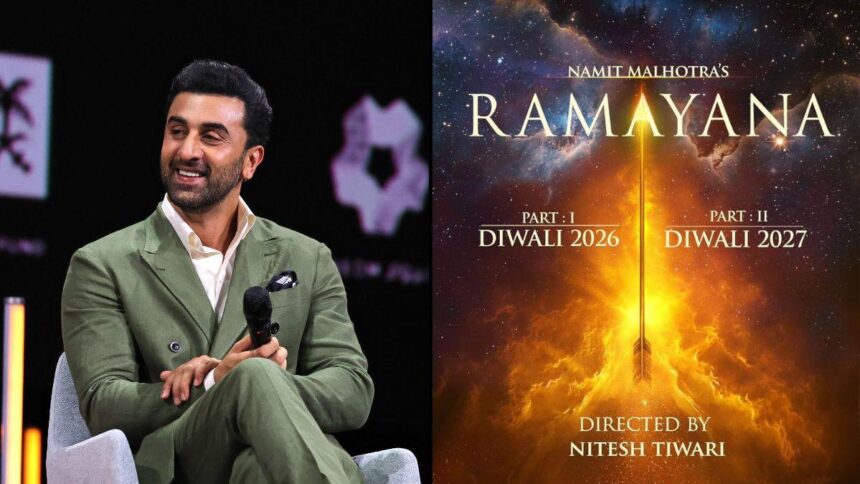Shatarupa Bhattacharyya found herself fascinated by Medea, the Greek mythological character, when she first read about the sorceress many years ago. “I have been practising theatre for a good 14-15 years now, and in the middle of my theatre journey, I realised that I only wanted to do plays with strong female characters…which talk about women’s journeys,” explains the Bengaluru-based theatre artist and social scientist.
Medea, says Shatarupa, interested her because she (Medea) had empowered herself. “I was intrigued by the storyline, the character’s agency and the emotional drama, but I also wanted to make it a simpler version because Medea has been done a lot. I wanted to place that premise into contemporary times.”
This is exactly what Shatarupa has done with Silvatein – The Wrinkles in Time, a Hindi play that she has written and directed. Performed by the Quissa Collective, it will be staged on August 17 at Medai – The Stage, Koramangala, as part of the third edition of Theatre Binge. This will be the 14th performance of the play, which premiered in Bengaluru in March 2024 and has travelled to Jaipur, Alwar, and Kolkata since its debut.
Though originally written in English, the play was translated into Hindi by Puneet Gupta because of the context and a very Indian storyline, explains Shatarupa. “I wanted its authenticity to come out and I wasn’t getting that in English,” she says. “Hindi made it conversational; English was making it dialogue-oriented.”
Silvatein, which tells the story of an encounter between two seeming strangers, Rupali Choudhury and Arijit Mallick, is an “autopsy of incompatibility,” says Shatarupa. “As a playwright and director, my objective was not to sensationalise a breakup drama. What I wanted was an exploration of what happens after relationships have ended, and when people replay and reinterpret the past.”
The form of the play is ambiguous, with the two people on stage remembering their relationship differently, making the audience question whose truth they are watching. Also, Shatarupa has attempted to structure the play to mimic how human memory seems to work. “It is not a straight chronology; the narrative is fractured, like how memory works. We do not remember things in a linear fashion.”
The play also comes from a personal space, says Shatarupa. “One of the key elements that I wanted to have in this play is everyday feminism, something that I have seen in my family.”
Her early understanding of feminism, came from her mother, grandmother and aunt, “before I read Simone de Beauvoir or any other feminist scholar.” According to her, this sort of feminism is not about slogans and grand speeches. “It is about very mundane, almost invisible microdynamics in a relationship.”

Director Shatarupa Bhattacharyya
| Photo Credit:
Special Arrangement
One of the protagonists in the play, Rupali, played by Ujani Ghosh, for instance, refuses to be defined by past relationships, simply because a man insists, says Shatarupa.
Ujani, who sees Rupali as a woman who carries herself with quiet strength, describes her character as “someone who is stoic on the outside, but constantly navigating the undercurrents of the memory that is there. There are moments where she discovers that her history doesn’t define her; it shapes her into a person with agency, choice, resilience…”
The character of Arijit, played by Sagnik Sinha, on the other hand, appears to have more shades of grey to him. “It is easy for someone like me, when I am playing Arijit, to see him as a bad person,” says Sagnik . But, over time, he realised that “every person is justified in their own truth. It was essential for me to keep that judgment aside and treat the character like a normal person.”
The play, Shatarupa says, does not vilify men. “The male character that Sagnik plays is human and flawed. A lot of times, after the play ended, I’ve had audience members come up to me and say that they empathise with this character.”
By showing the man’s perspective, Shatarupa says, the play is trying to make the audience uncomfortable in a productive way. “The point is not to punish the male characters but to reveal how two people can still live in completely different versions of the same reality.”
Silvatein – The Wrinkles in Time will be staged on August 17 at Medai – The Stage, Koramangala, 3.30 pm onwards. Tickets, priced at ₹350, are available on BookMyShow
Published – August 12, 2025 05:05 pm IST






















